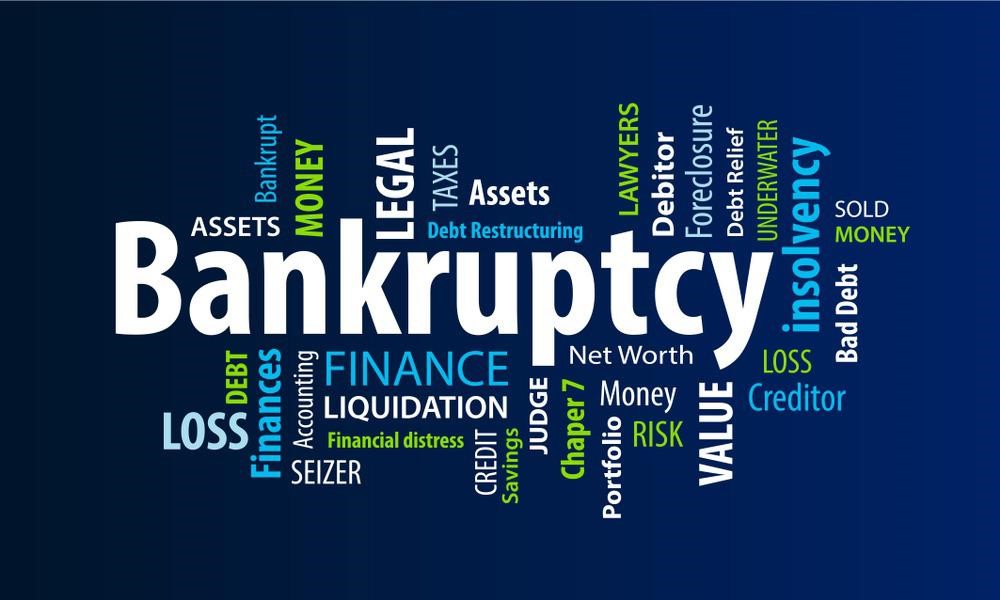
The Role of a Bankruptcy Lawyer in Your Financial Recovery
In today’s unpredictable economic climate, many individuals and businesses find themselves facing financial hardships that can seem insurmountable. When debts pile up and financial obligations become overwhelming, one viable solution is seeking the assistance of a bankruptcy lawyer. This article will provide you with an in-depth understanding of the critical role played by bankruptcy lawyers and how they can help you navigate the complex world of bankruptcy.
Understanding Bankruptcy
What is Bankruptcy?
Bankruptcy is a legal process designed to help individuals and businesses alleviate their debts and regain control of their financial future. It involves a court-supervised procedure that allows debtors to either discharge their debts entirely or establish a repayment plan to settle them.
Types of Bankruptcy
There are several types of bankruptcy, with Chapter 7 and Chapter 13 being the most common. Chapter 7, also known as “liquidation bankruptcy,” allows individuals to wipe out their unsecured debts entirely. Chapter 13, on the other hand, enables debtors to restructure their debts and make affordable monthly payments.
The Role of a Bankruptcy Lawyer
Assessing Your Financial Situation
The first step in the bankruptcy process is determining whether bankruptcy is the right solution for your financial troubles. A skilled bankruptcy lawyer will thoroughly evaluate your financial situation, taking into account your income, assets, and debts. This assessment helps determine which type of bankruptcy is best suited to your needs.
Preparing and Filing the Bankruptcy Petition
Once bankruptcy is deemed the appropriate course of action, your lawyer will assist you in preparing and filing the necessary bankruptcy petition and supporting documents. This is a critical step, as any errors or omissions can lead to delays or even the dismissal of your case.
Protection from Creditors
As soon as your bankruptcy petition is filed, an automatic stay goes into effect. This legal provision prohibits creditors from pursuing collection actions such as wage garnishment, foreclosure, or repossession. Your bankruptcy lawyer will ensure that this stay is enforced, providing you with immediate relief from creditor harassment.
Representation in Court
Bankruptcy proceedings typically involve appearances in court. Your bankruptcy lawyer will represent you during these hearings, ensuring that your rights and interests are protected. They will also negotiate with creditors and the bankruptcy trustee on your behalf.
Guidance Through the Process
Navigating the complexities of bankruptcy can be overwhelming. A bankruptcy lawyer will guide you through each step of the process, providing valuable advice and answering any questions you may have along the way. Their expertise ensures that you meet all legal requirements and deadlines.
The Benefits of Hiring a Bankruptcy Lawyer
Maximizing Debt Discharge
Bankruptcy lawyers have the experience and knowledge to help you maximize the discharge of your debts. They will identify which debts can be discharged and which may not qualify, ensuring you get the best possible outcome.
Avoiding Costly Mistakes
Bankruptcy laws are intricate, and making mistakes can be costly. Having a lawyer by your side reduces the risk of errors that could jeopardize your case or result in the loss of valuable assets.
Stress Reduction
The emotional toll of financial hardship can be overwhelming. A bankruptcy lawyer provides reassurance and support, alleviating stress and helping you focus on rebuilding your financial future.
Expert Negotiation
Negotiating with creditors and the bankruptcy trustee requires finesse. A skilled bankruptcy lawyer will negotiate on your behalf to secure the most favorable terms for debt repayment.
Conclusion
A bankruptcy lawyer is your advocate during one of life’s most challenging financial experiences. They provide invaluable expertise, guidance, and representation, helping you regain control of your financial future and providing a fresh start. If you’re facing overwhelming debt, don’t hesitate to seek the assistance of a qualified bankruptcy lawyer.
FAQs
1. Is bankruptcy the only solution for my financial problems?
No, bankruptcy is not the only solution. It’s essential to consult with a bankruptcy lawyer to explore all available options, as bankruptcy should be considered a last resort.
2. How long does the bankruptcy process typically take?
The duration of the bankruptcy process can vary, but it usually takes a few months to several years, depending on the type of bankruptcy and individual circumstances.
3. Will I lose all my assets if I file for bankruptcy?
Not necessarily. Bankruptcy laws provide exemptions that allow you to retain certain assets. A bankruptcy lawyer can help you understand which of your assets may be protected.
4. Can I file for bankruptcy without a lawyer?
While it’s possible to file for bankruptcy without a lawyer, it’s not recommended due to the complexity of bankruptcy laws and the potential risks involved.
5. How can I find a reputable bankruptcy lawyer in my area?
You can start by asking for recommendations from friends, family, or other professionals. Additionally, you can research local law firms and read online reviews to find a qualified bankruptcy lawyer to assist you.



